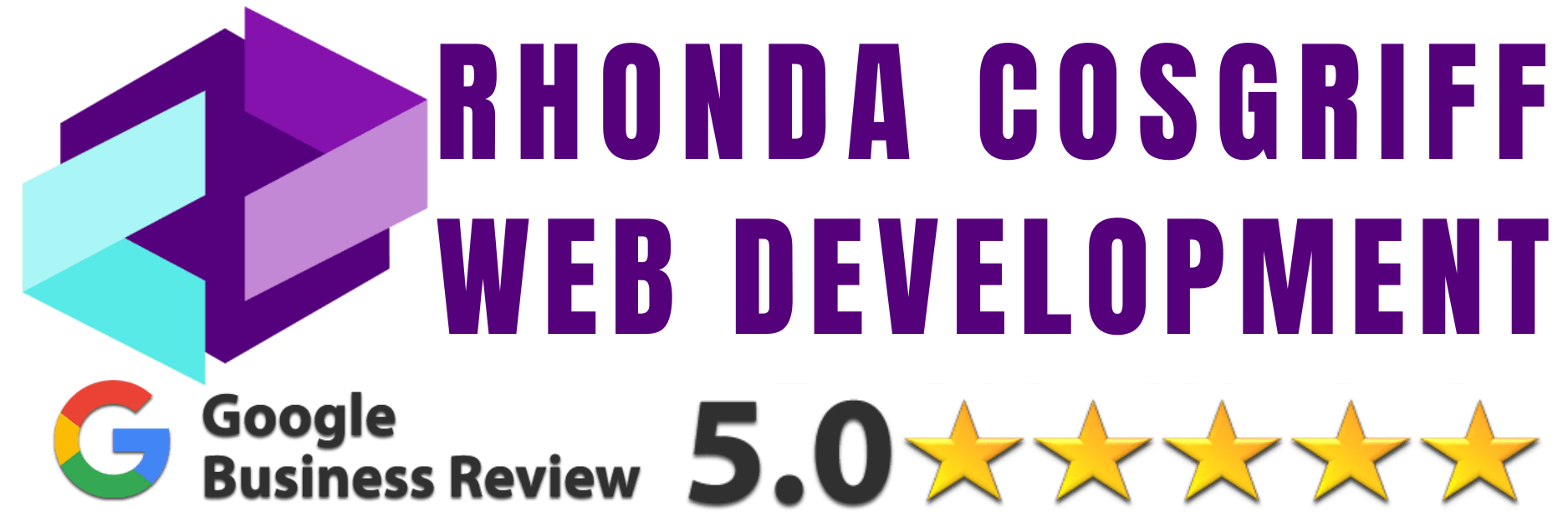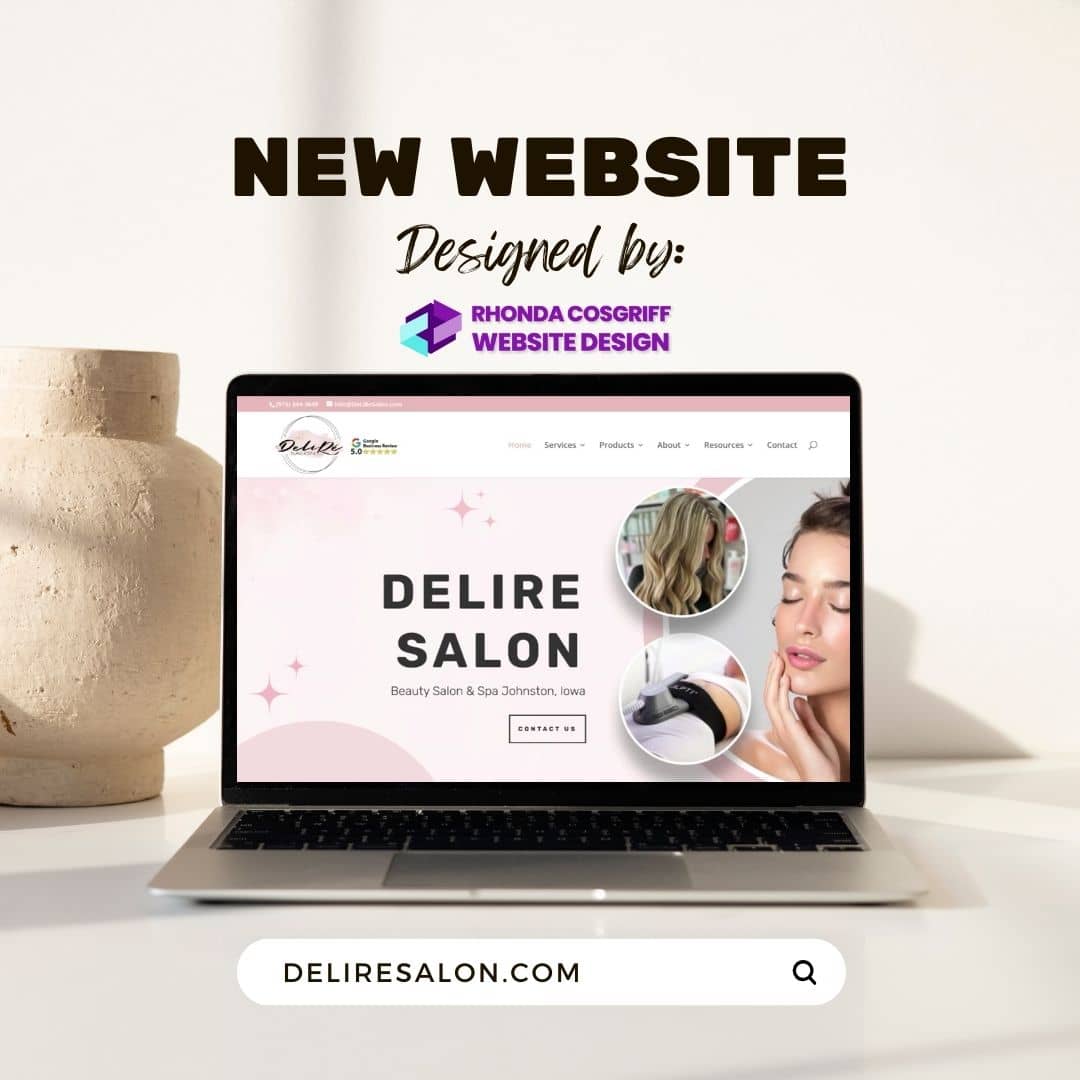Content Marketing for B2B Websites: Engaging and Educating Your Target Audience
In the competitive world of B2B (Business-to-Business) marketing, content marketing has emerged as a powerful strategy for engaging and educating your target audience. B2B websites can leverage content marketing to build brand authority, generate leads, and foster long-term relationships with potential clients. In this article, we will explore essential content marketing strategies for B2B websites.
1. Understanding Your Audience
Before embarking on your content marketing journey, take the time to understand your target audience thoroughly. Identify their pain points, challenges, and needs. Tailor your content to address these specific concerns, offering valuable solutions that resonate with B2B buyers.
2. High-Quality, Educational Content
B2B buyers seek informative and educational content to aid their decision-making process. Create content that showcases your industry expertise, addresses industry trends, and offers actionable insights. Use a variety of content formats, such as blog posts, whitepapers, case studies, and videos, to cater to different preferences.
3. Consistency and Frequency
Consistency is key in content marketing. Establish a content calendar and stick to a regular publishing schedule. This not only keeps your B2B website fresh and relevant but also helps build a loyal audience that anticipates and engages with your content.
4. SEO Optimization
Optimize your content for search engines to improve visibility in organic search results. Conduct keyword research and incorporate relevant keywords into your content. Use descriptive meta tags and headers to enhance the content’s searchability and relevance.
5. Thought Leadership and Guest Blogging
Establish your B2B website as a thought leader in your industry. Publish authoritative and thought-provoking content that showcases your unique insights and perspectives. Additionally, explore guest blogging opportunities on reputable industry publications to expand your reach and credibility.
6. Lead Magnets and Gated Content
Create valuable lead magnets and gated content to capture leads and grow your email list. Offer free e-books, industry reports, or exclusive guides in exchange for user information. This not only generates leads but also positions your B2B website as a valuable resource for industry knowledge.
7. Email Marketing
Leverage email marketing to nurture leads and maintain engagement with your audience. Send personalized and relevant content to your email subscribers, addressing their specific interests and needs. Email campaigns can drive traffic to your B2B website and encourage repeat visits.
8. Interactive Content
Engage your audience with interactive content such as quizzes, surveys, and calculators. Interactive elements foster engagement, provide personalized experiences, and offer valuable insights into your audience’s preferences.
9. Measure and Analyze
Track the performance of your content marketing efforts using analytics tools. Monitor metrics such as website traffic, time on page, conversion rates, and lead generation. Analyze the data to refine your content strategy and identify the most effective content types and topics.
Conclusion
Content marketing is a powerful tool for B2B websites to connect with their target audience, build brand authority, and drive lead generation. By understanding your audience, creating high-quality content, optimizing for SEO, and maintaining consistency, you can establish your B2B website as a trusted industry resource. Embrace thought leadership, leverage email marketing, and explore interactive content to further engage your audience and foster lasting relationships. Measure and analyze your content performance to continuously refine and improve your content marketing strategy. With a well-executed content marketing approach, your B2B website can stand out in the competitive landscape, driving growth and earning the trust of valuable B2B clients.










